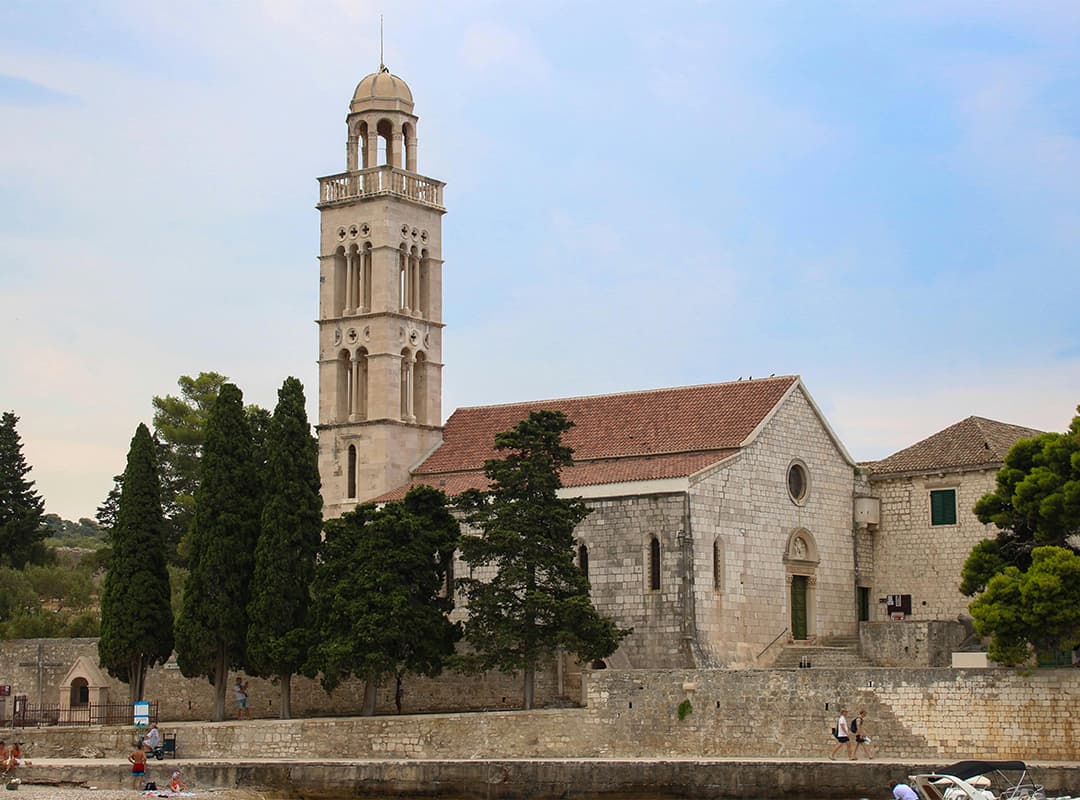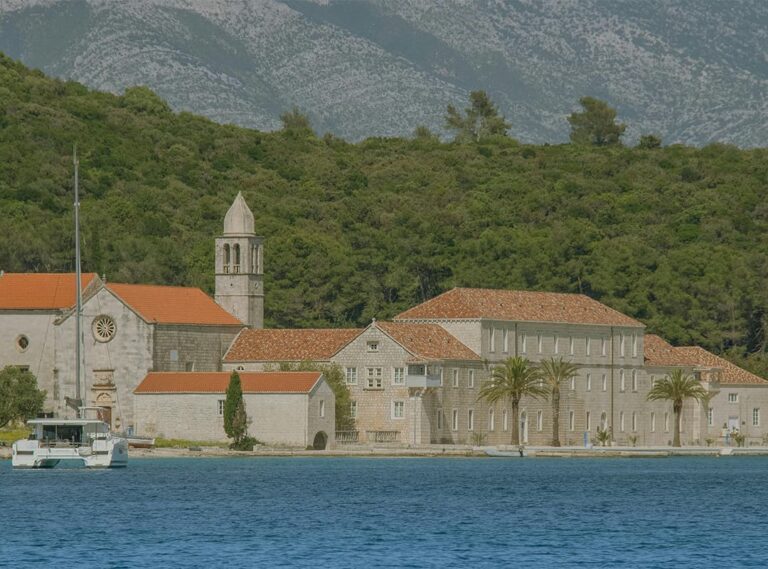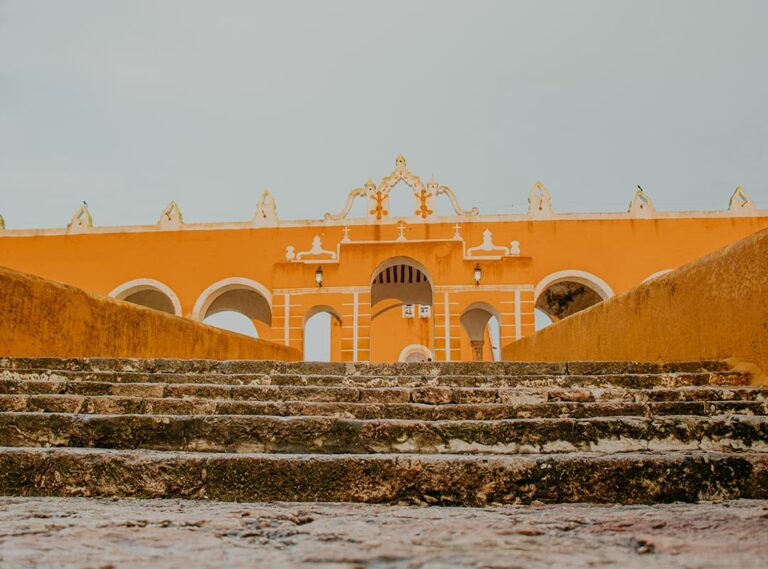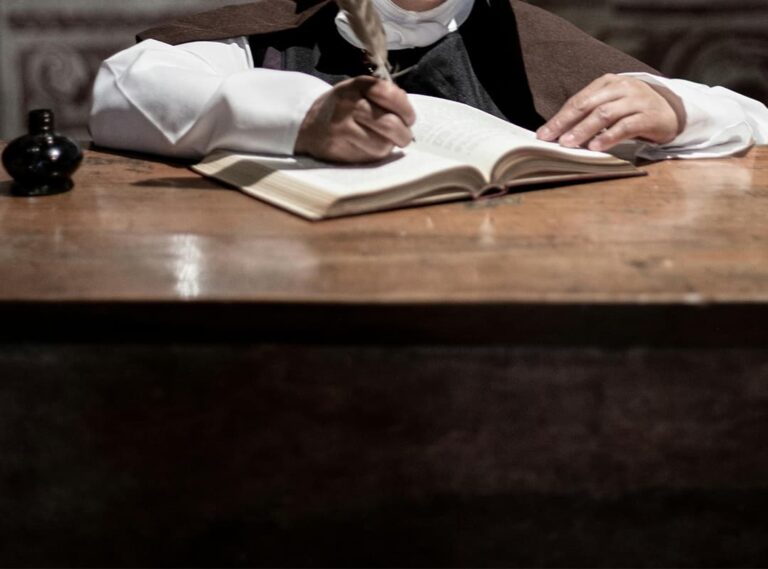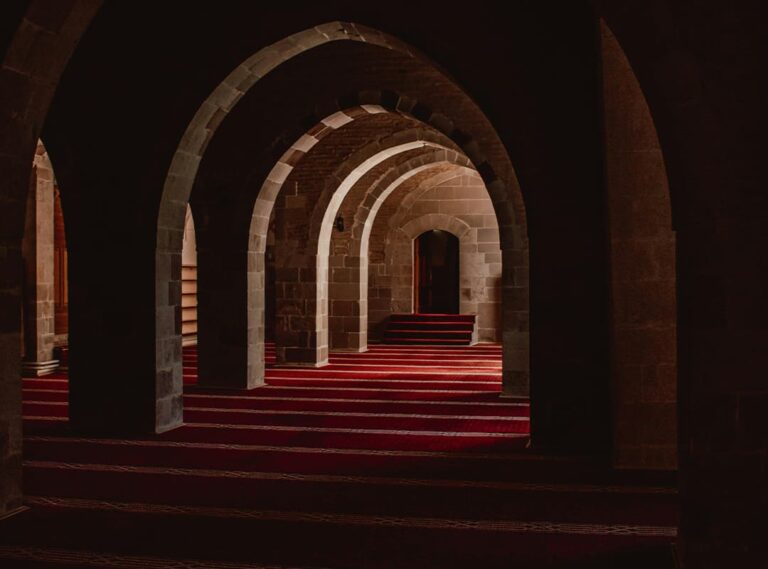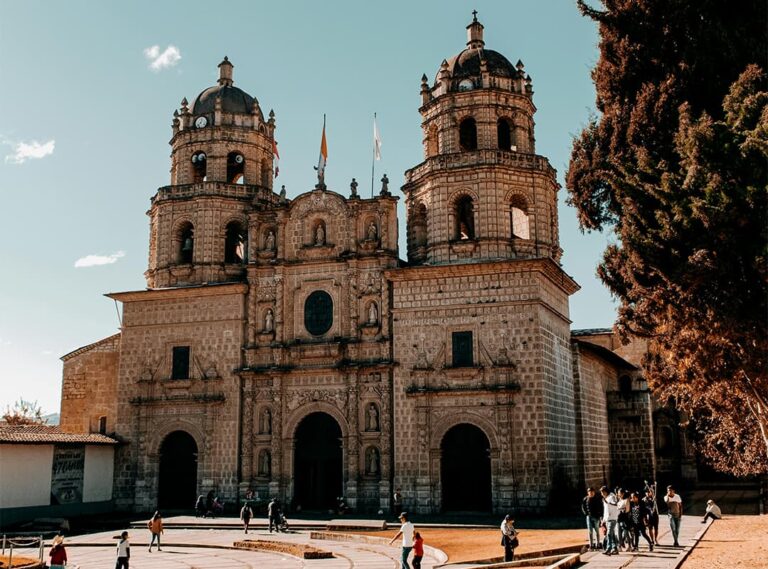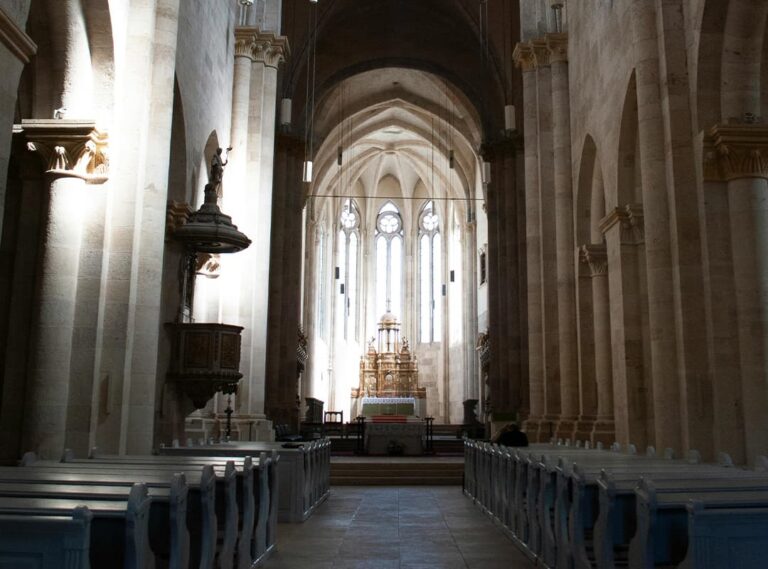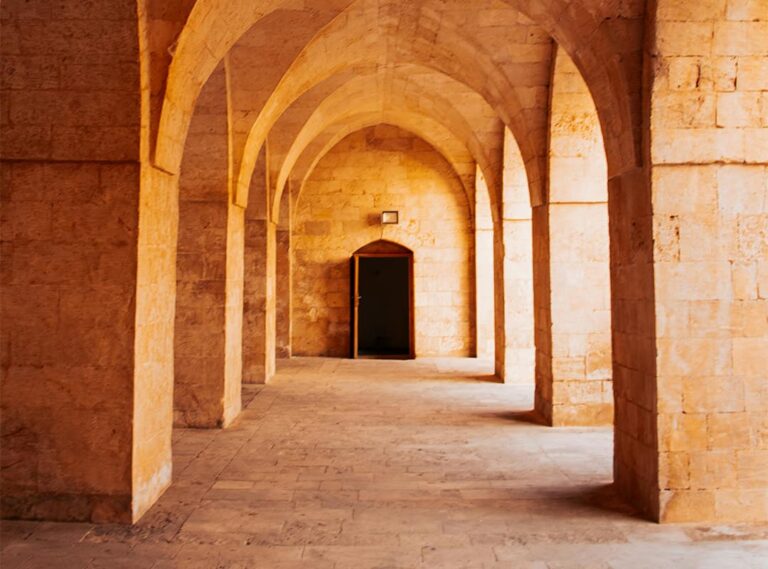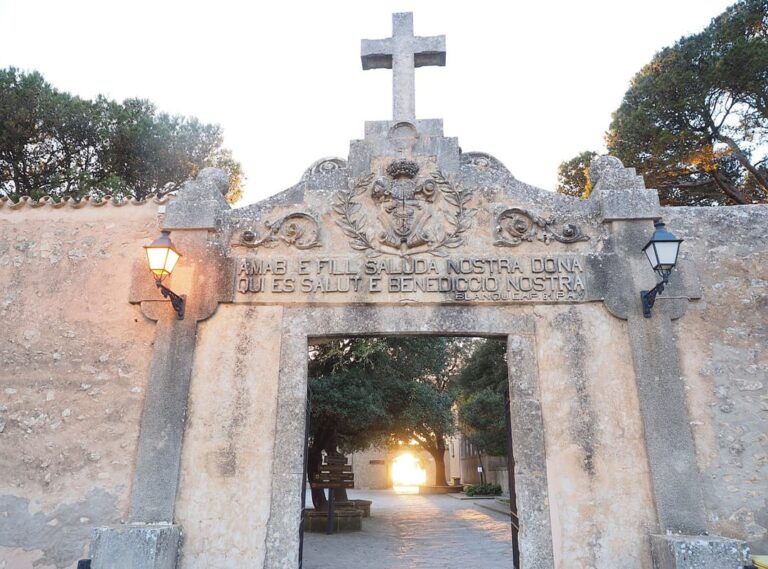The Beginning: Saint Francis of Assisi
The Franciscan Order, one of the most well-known and revered Catholic orders, was founded by Saint Francis of Assisi in the early 13th century. Francis, born in 1182 in the Italian town of Assisi, was the son of a wealthy merchant. However, his life changed dramatically after a series of spiritual experiences and visions. He renounced wealth and devoted himself to poverty, humility, and serving the poor.
Francis began attracting followers, and in 1209, he and his companions traveled to Rome to seek official approval from Pope Innocent III. Thus, the Order of Friars Minor, or Franciscans, was established. The core principles of the order became poverty, brotherhood, and service to all people.
Growth and Expansion of the Order
Soon after its foundation, the order began to grow rapidly. Franciscans established numerous monasteries throughout Europe, and their missions spread worldwide. By the 14th century, Franciscans were actively working in Latin America, Africa, and Asia, bringing the Gospel and creating educational and medical institutions.
Franciscans also played a crucial role in Europe’s cultural and scientific development. They founded universities and schools, engaged in scientific research, and contributed to philosophy. One of the most famous Franciscan scholars was Roger Bacon, who made significant contributions to the development of natural sciences.
Franciscans and the Black Madonna
Throughout its history, the Franciscan Order has been known for its deep devotion to the Virgin Mary. In various monasteries of the order, one can find numerous icons and statues depicting the Madonna. Among these, the “Black Madonna” holds particular significance. These images, found in various parts of the world, symbolize humility and faith, which Franciscans consider central to their spiritual life.
The Modern Era: Challenges and Achievements
In the 20th century, Franciscans faced numerous challenges, including wars, social changes, and the secularization of society. Nevertheless, they continued their mission, adapting to new conditions. Franciscans actively engage in interfaith dialogue, environmental initiatives, and social projects aimed at helping the poor and marginalized.
A notable example of contemporary Franciscan service is the work of missionaries in Africa and Latin America. Here, Franciscans not only preach the Gospel but also provide medical assistance, build schools, and advocate for the rights of local communities.
The history of the Franciscan Order is a story of continuous service and dedication to the ideals of Saint Francis of Assisi. From its humble beginnings in a small Italian town to its global mission spanning all continents, Franciscans continue to inspire millions with their example of humility, brotherhood, and love for others.
